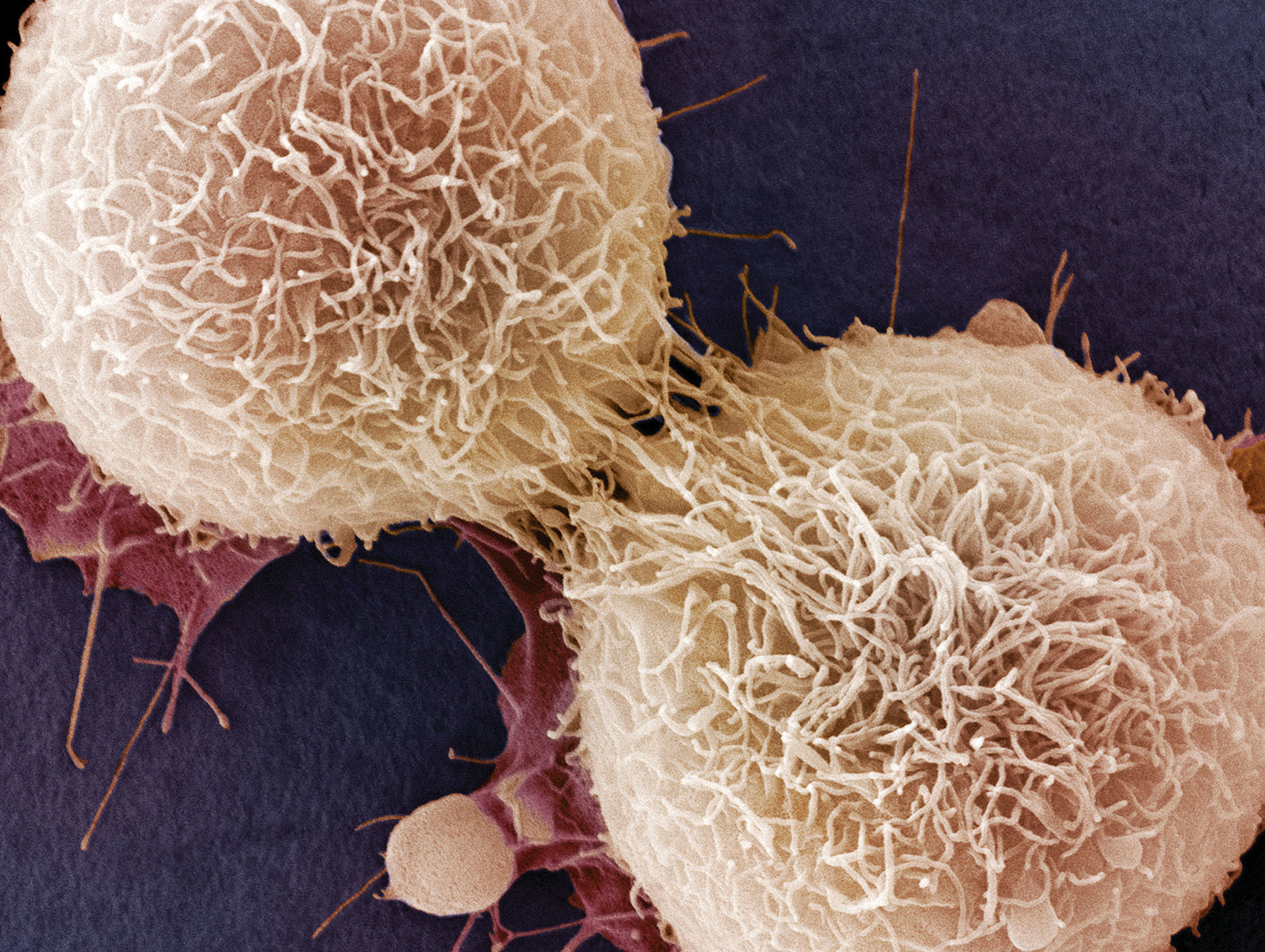TAXOL AND BEYOND
After elucidating the mechanism of how Taxol killed cancer cells, Horwitz continued to study the drug’s effects on cells. Indeed, more than 30 years later, Horwitz’s team is still hard at work on Taxol. One puzzle they are working on now is why Taxol works to treat some cancers but not others. It works well for ovarian, breast, and lung cancers, for example, but has no effect on colon or renal cancer. No one knows why.

Another major focus is the basis for acquired resistance to the drug–why cancers tend to become immune to the killing effects of Taxol over time. One possibility is that mutations in the cancer cells change the structure of microtubules so Taxol can no longer bind to them. Resistance is a big problem in cancer treatment, and it’s one of the main reasons why it’s helpful to have a large and varied arsenal of chemotherapeutic drugs.
In addition to Taxol, Horwitz and her team are also researching other chemicals that may one day find a use in cancer treatment. These chemicals come not from a tree, but from the sea–from invertebrate animals known as sea sponges. Although they live in very different habitats, trees and sea sponges have something very important in common, says Horwitz. They are sessile creatures, meaning they do not move and are stuck where nature put them. Horwitz thinks it is likely that the chemicals these organisms produce are an evolutionary defense mechanism against predation. Unable to run away, they make poisons instead. And it’s these very poisons that humans turn to as sources of some of our most powerful medicines. If ever there was an argument for protecting biodiversity, says Horwitz, this is it.
Sitting in her office at Albert Einstein, surrounded by a battery of plaques and awards, Horwitz takes a moment to reflect on the impact of her scientific career. Though smitten with science for its own sake, she says she is happy her work has had such practical importance, improving the lives of so many people with cancer. To date, more than a million patients have received Taxol, which is now the best-selling cancer drug of all time. People are alive today because of the science done in her laboratory, she says. Many have even written to thank her for her work. She pauses a moment, a smile growing across her face: “And that’s a wonderful feeling, after all.”